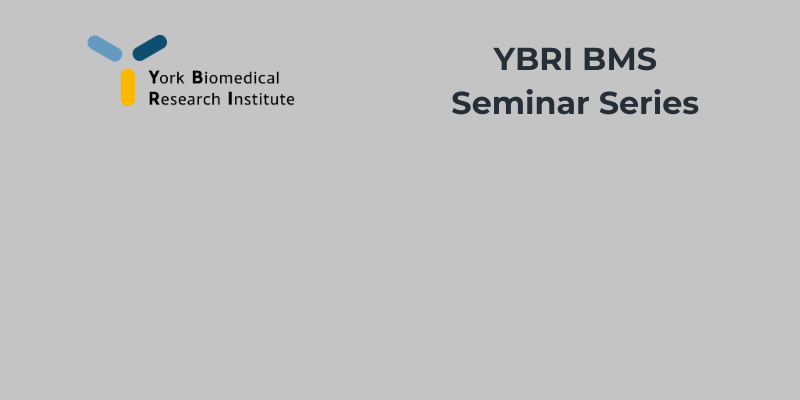
Metabolomics approaches to understand how trypanosomatids resist drugs and the immune system Professor Michael Barrett (University of Glasgow) presents his work on how drugs work against parasites and how parasites become resistant to drugs. Hosted by Dr Samadhan Patil.
Event details
Abtsract
Trypanosomatids, including animal and human infectious trypanosomes and leishmania are responsible for significant human and veterinary disease. Recent years have seen significant progress in combatting the human African trypanosomiases with elimination of the disease a realistic target and several novel drugs available treatment. We have used metabolomics technology to understand how a variety of anti-trypanosomal drugs target the parasites and how resistance to drugs can emerge. The success in finding new drugs for human African trypanosomiasis now offers the possibility to reflect this success in developing novel compounds also to treat African animal trypanosomiases. For leishmaniasis too, metabolomics has enabled us to dissect mechanisms by which these parasites resist key drugs such as amphotericin B, and is also offering insights into how the parasites can avoid destruction by the immune system. This seminar will describe several studies investigating the ability of trypanosomatids to resist drugs and the immune system.
About the speaker

Professor Mike Barrett
Mike is a Professor in the Wellcome Centre for Integrative Parasitology within the School of Infection & Immunity at the University of Glasgow and Deputy Head of School. Mike is director of Glasgow Polyomics, a state of the art facility specialising in genomic, proteomic and metabolomic technologies and their application to a range of subjects. He also directs the Scottish Universities Life Sciences Alliance (SULSA) and advises several international organisations on issues surrounding drug development and resistance issues including the World Health Organisation and the Drugs for Neglected Diseases initiative.
His current research focuses on understanding how drugs work against parasites and how parasites become resistant to drugs. In the case of African trypanosomiasis, transport related phenomena have been central and a major research area has been associated with understanding drug resistance. This has led to the discovery of new transporters involved in uptake of melaminophenylarsenical and diamidine drugs and eflornithine. In Leishmania, changes in drug uptake have also been identified for paromomycin, pentamidine and amphotericin B in selection of drug resistance.